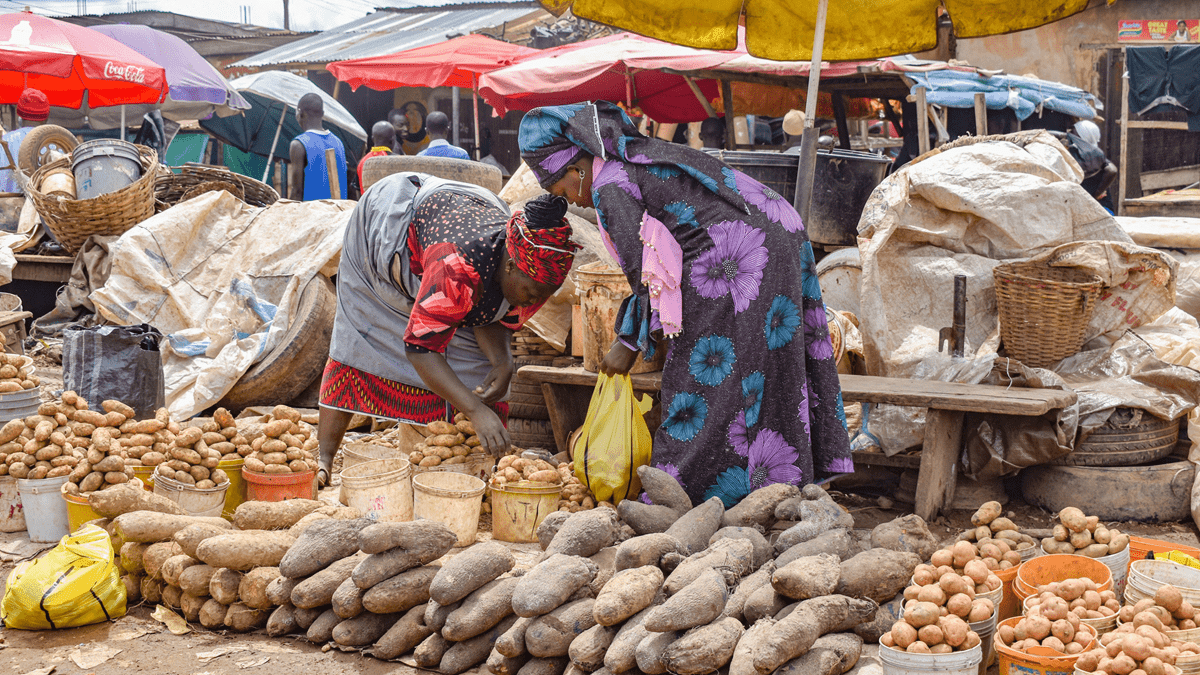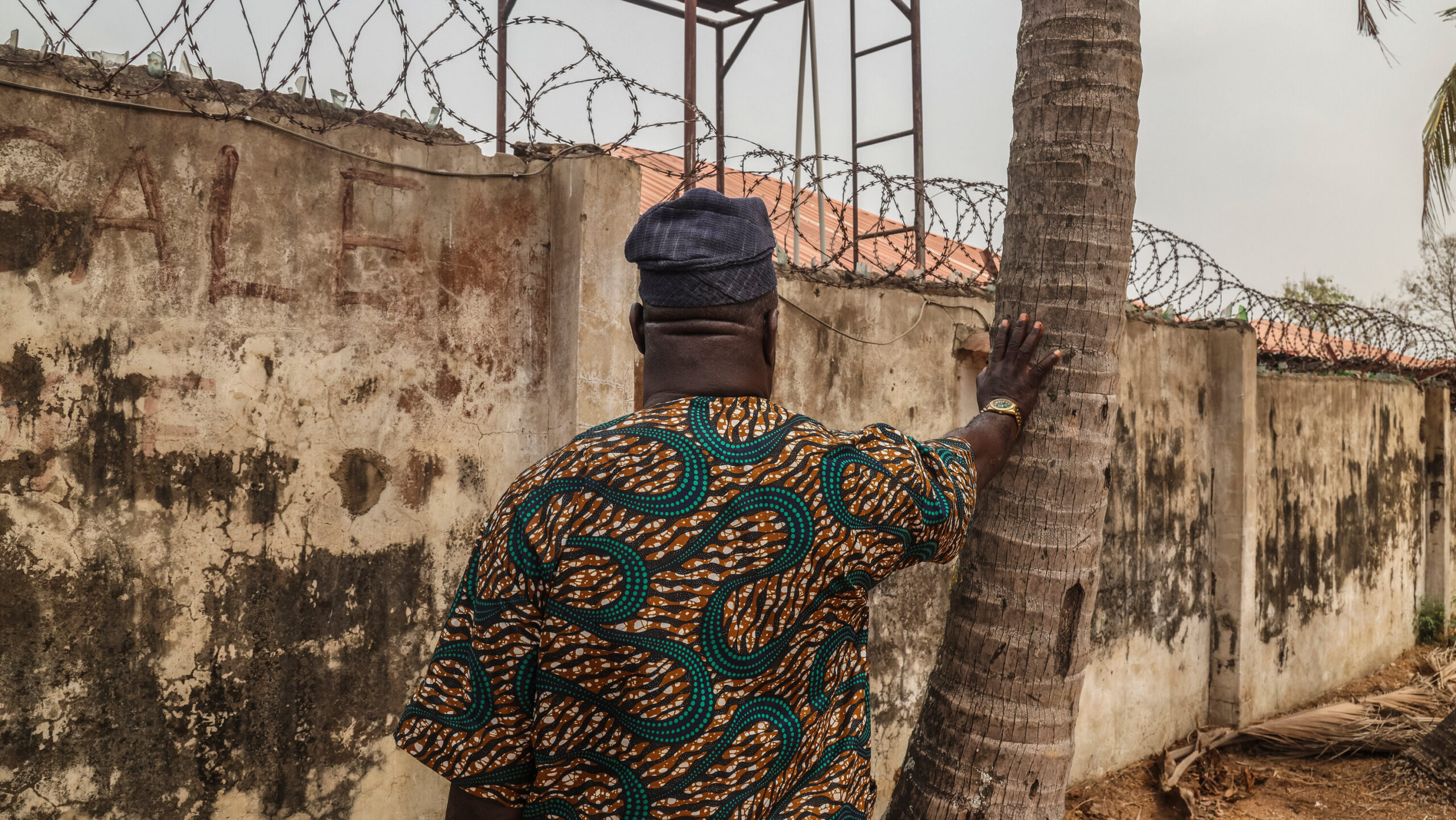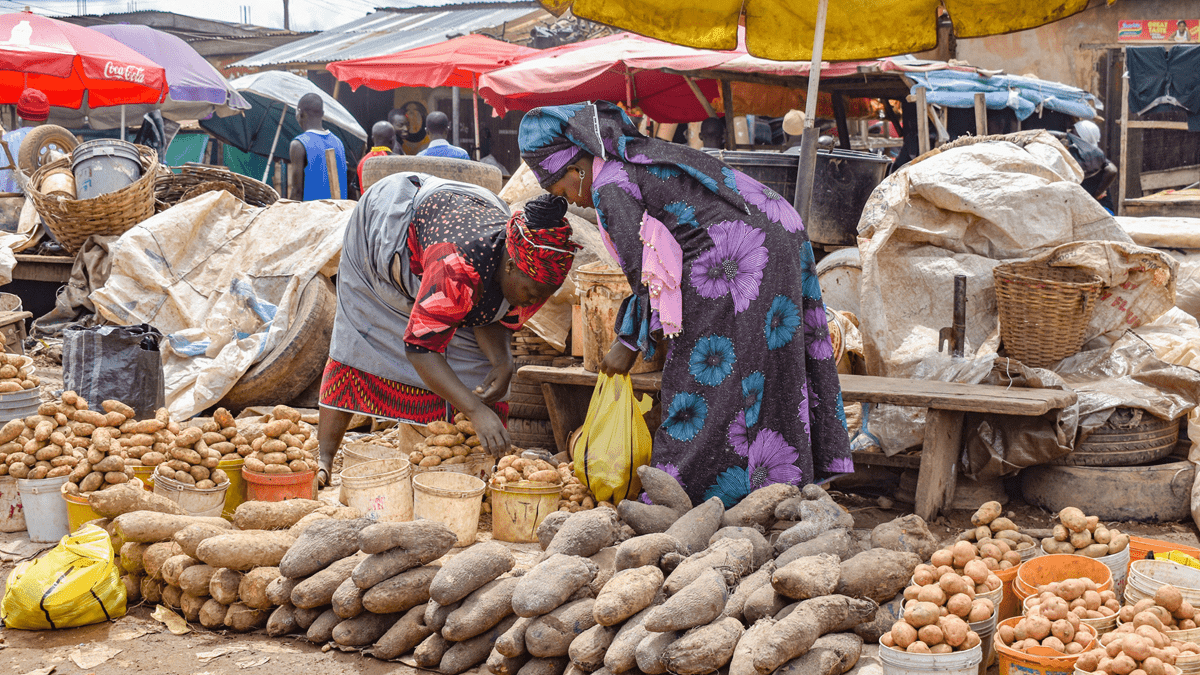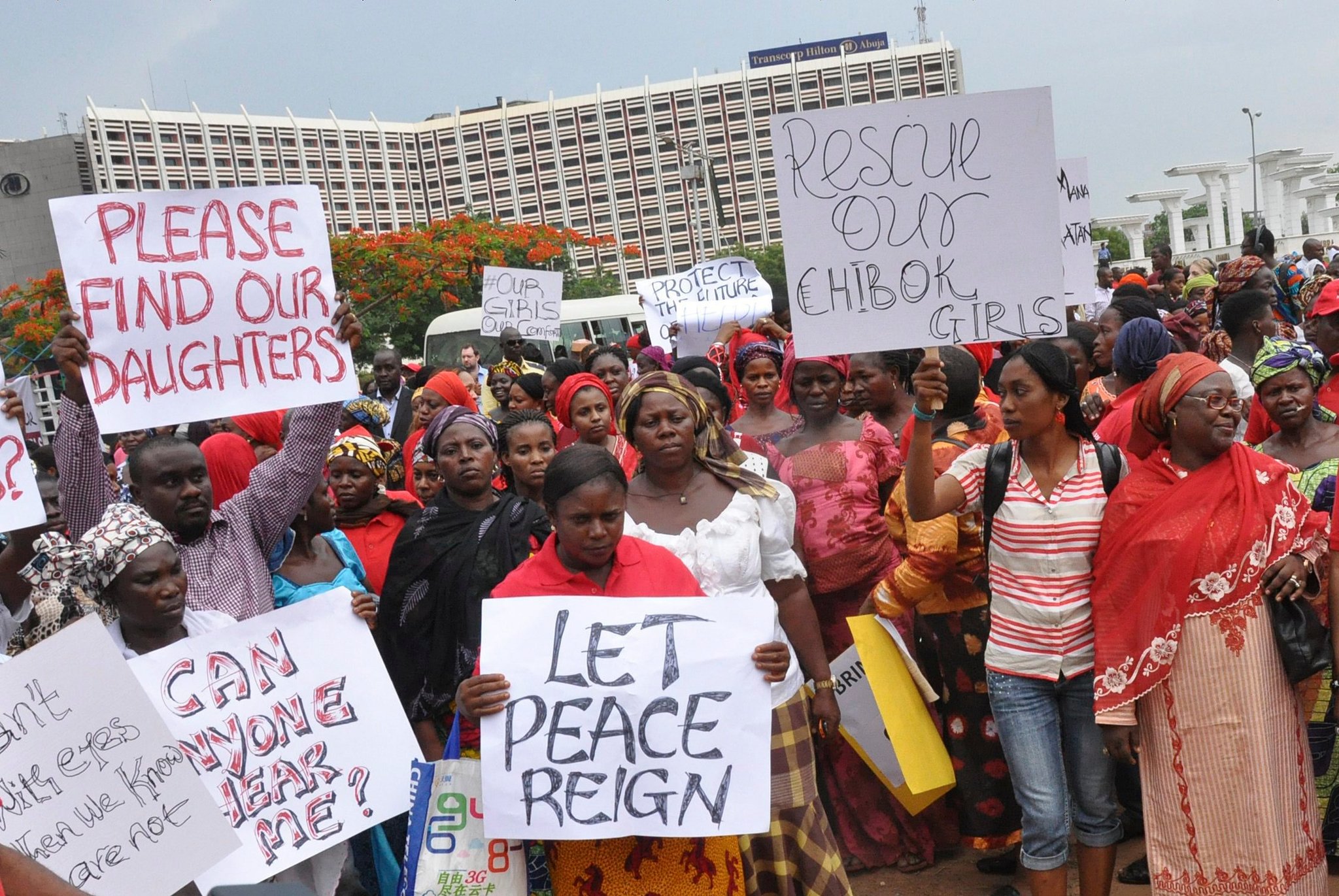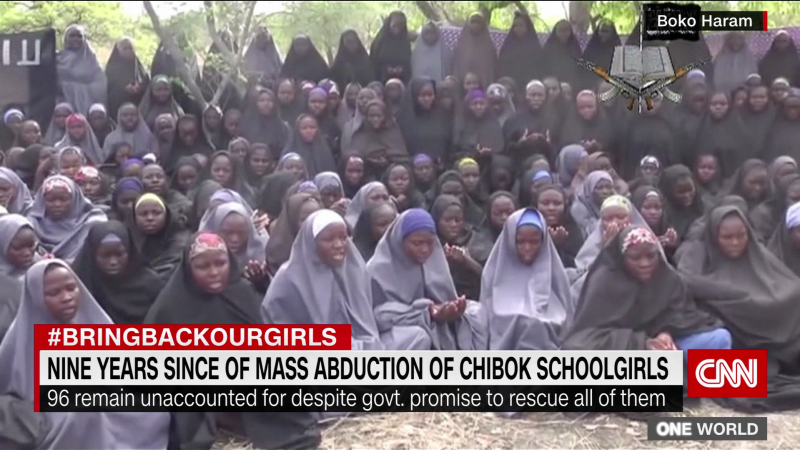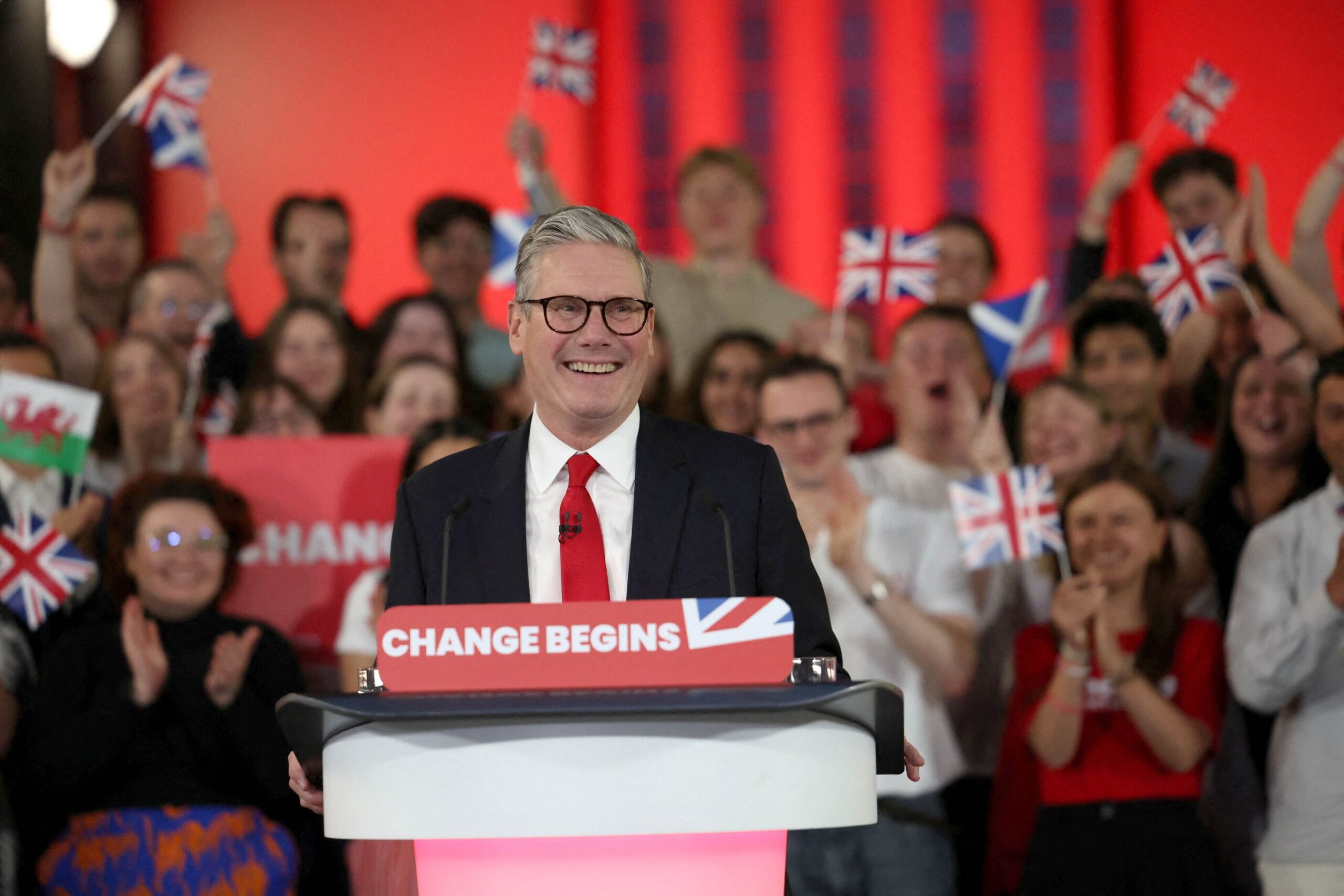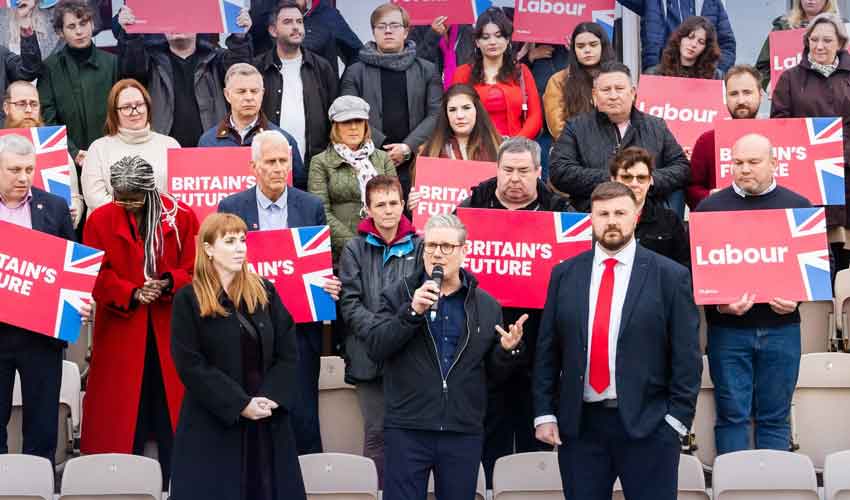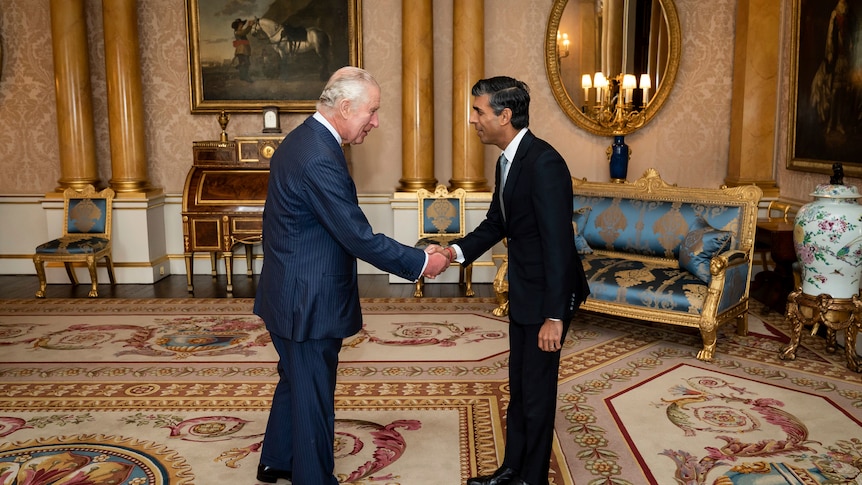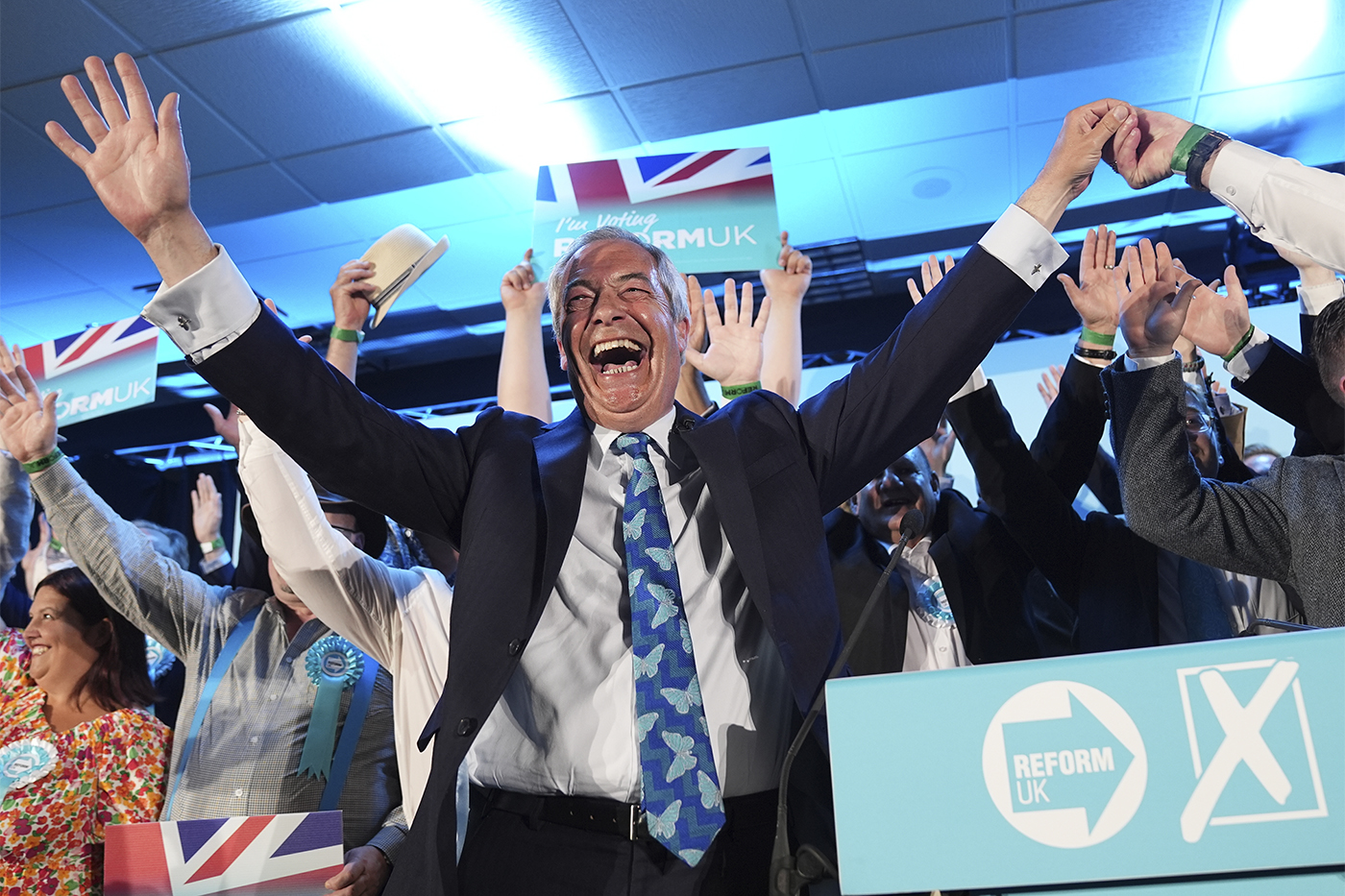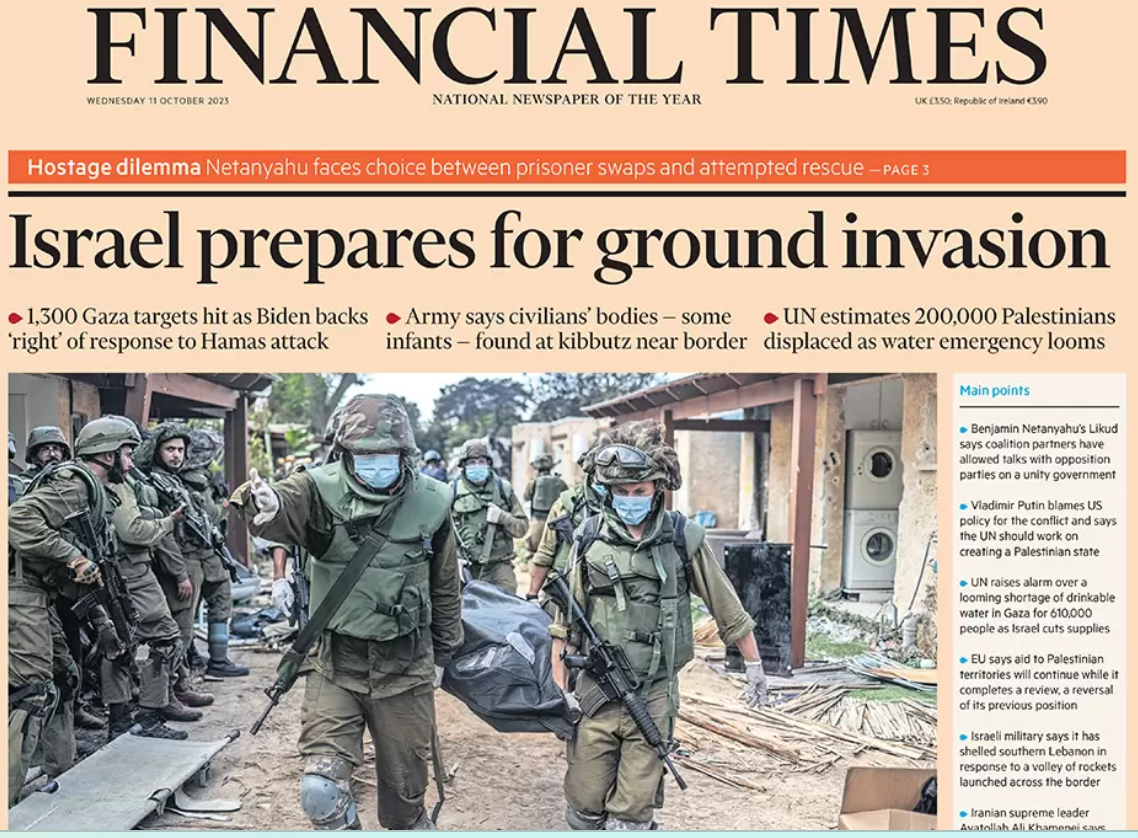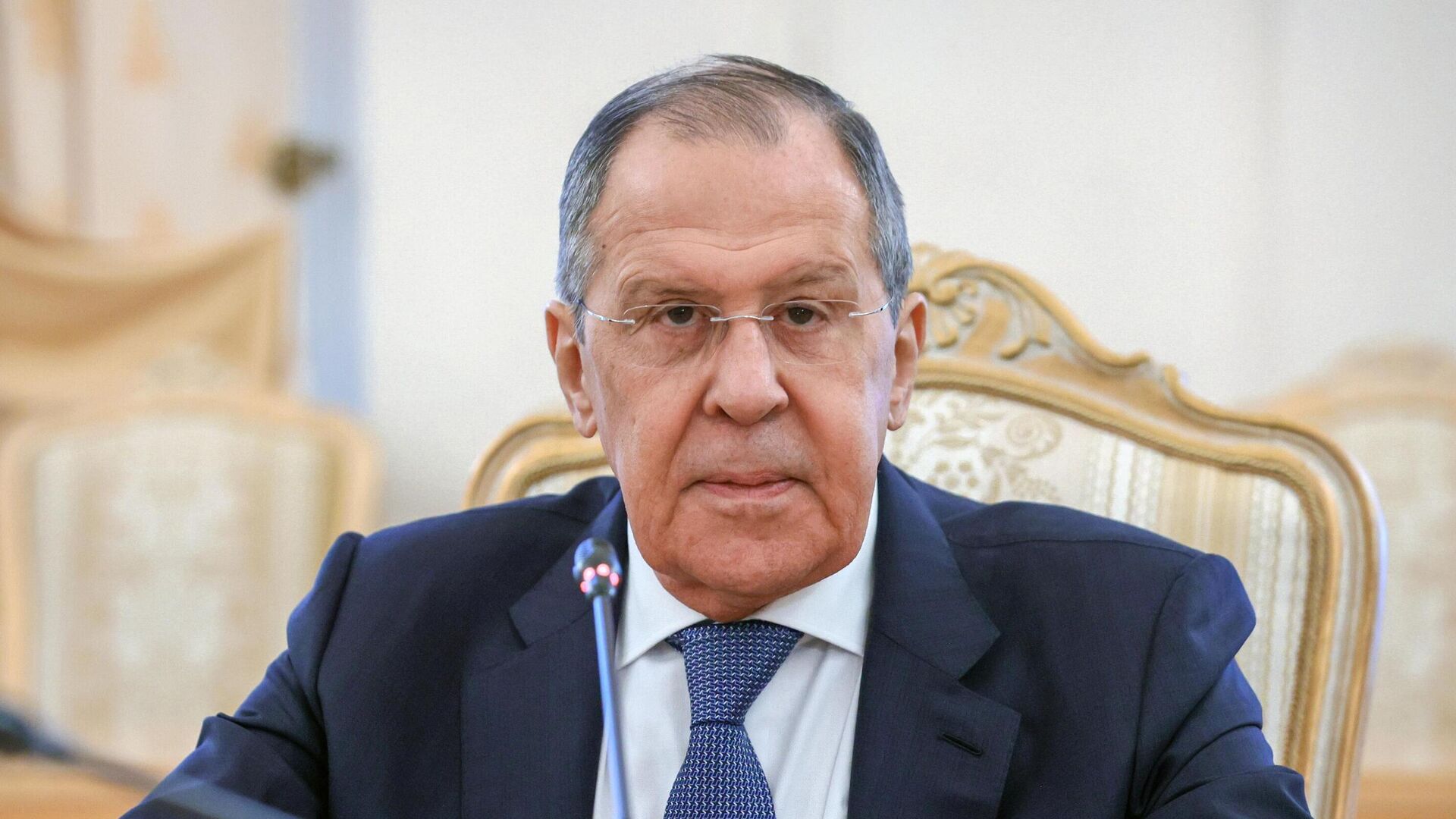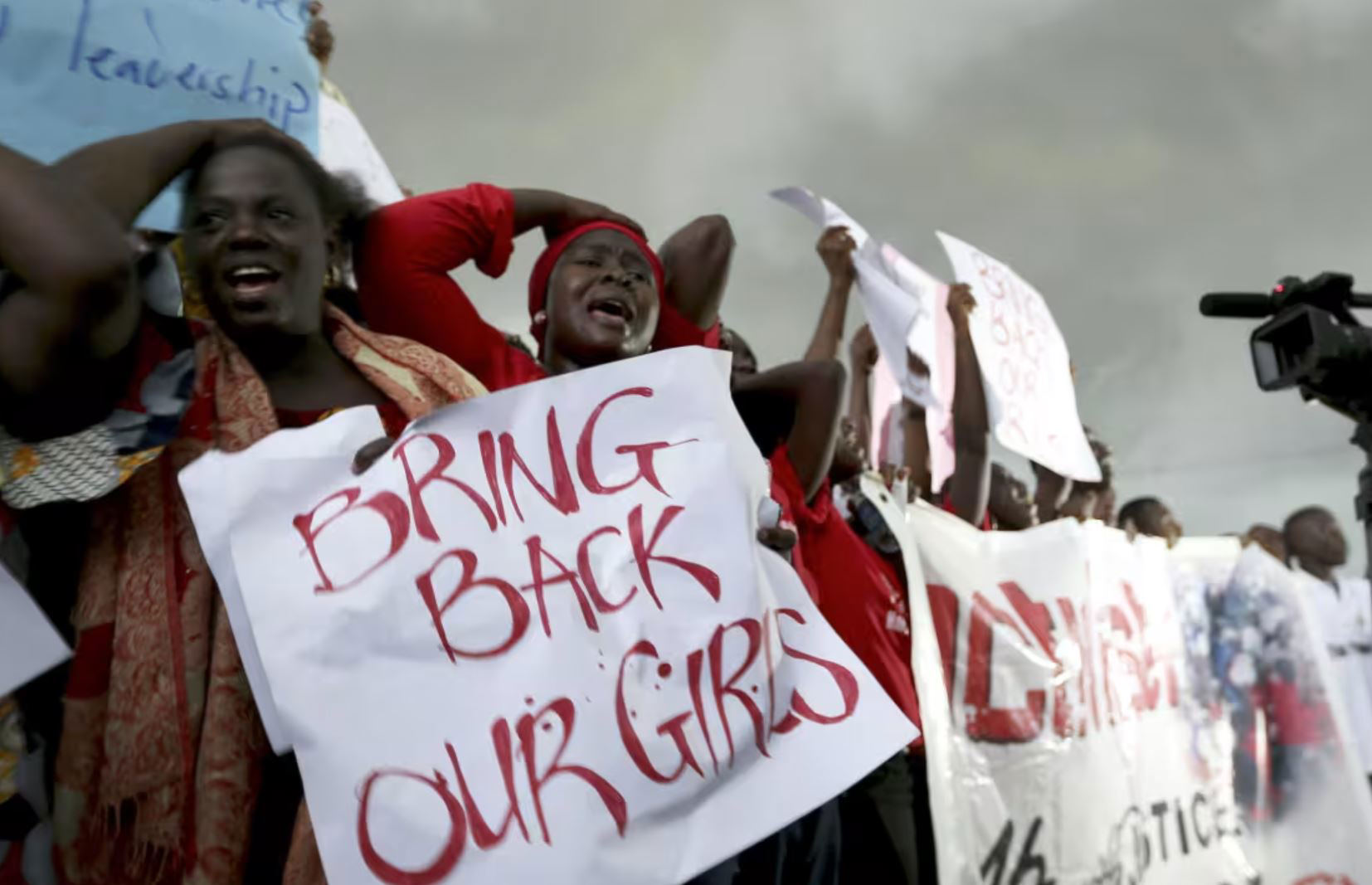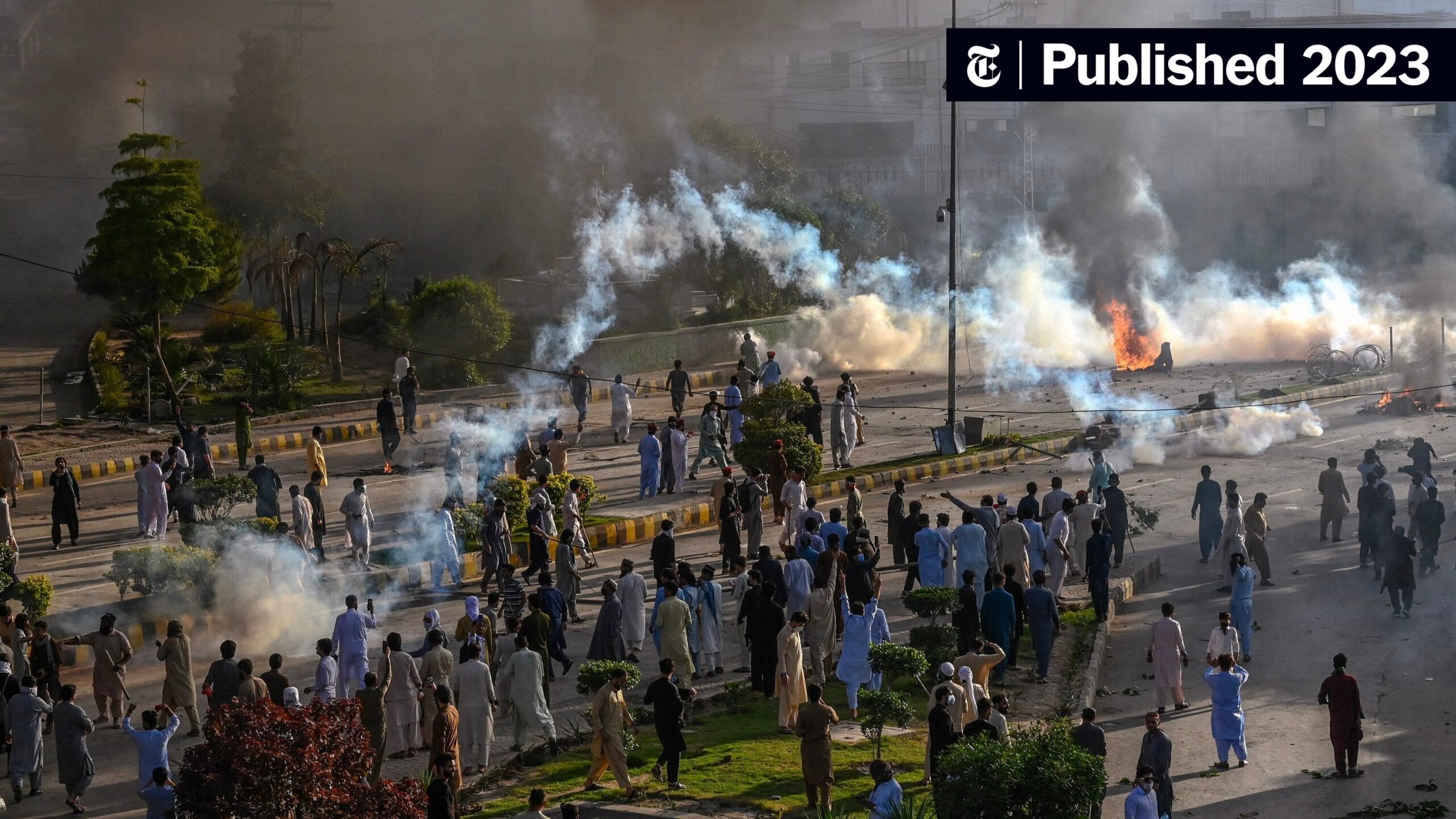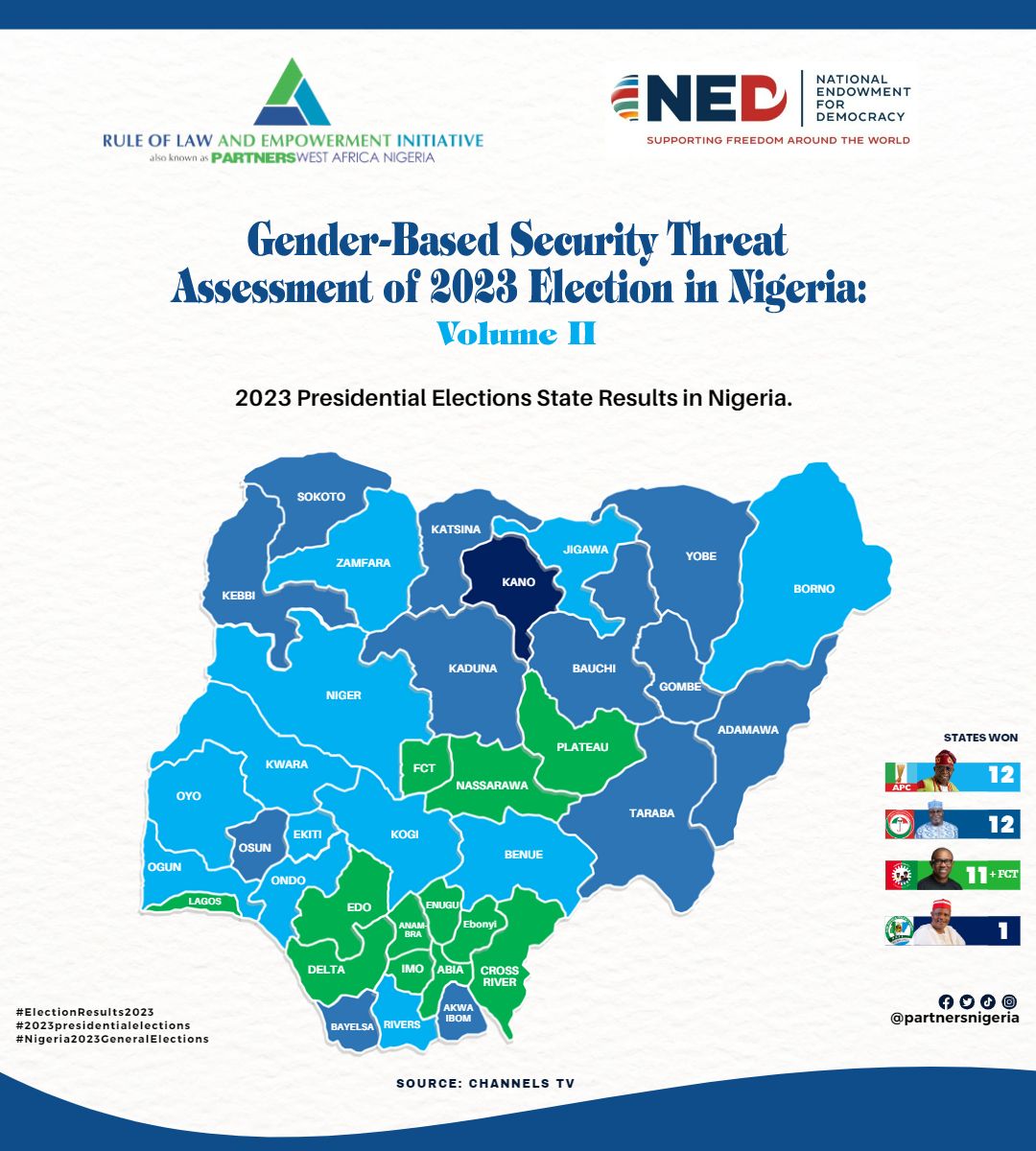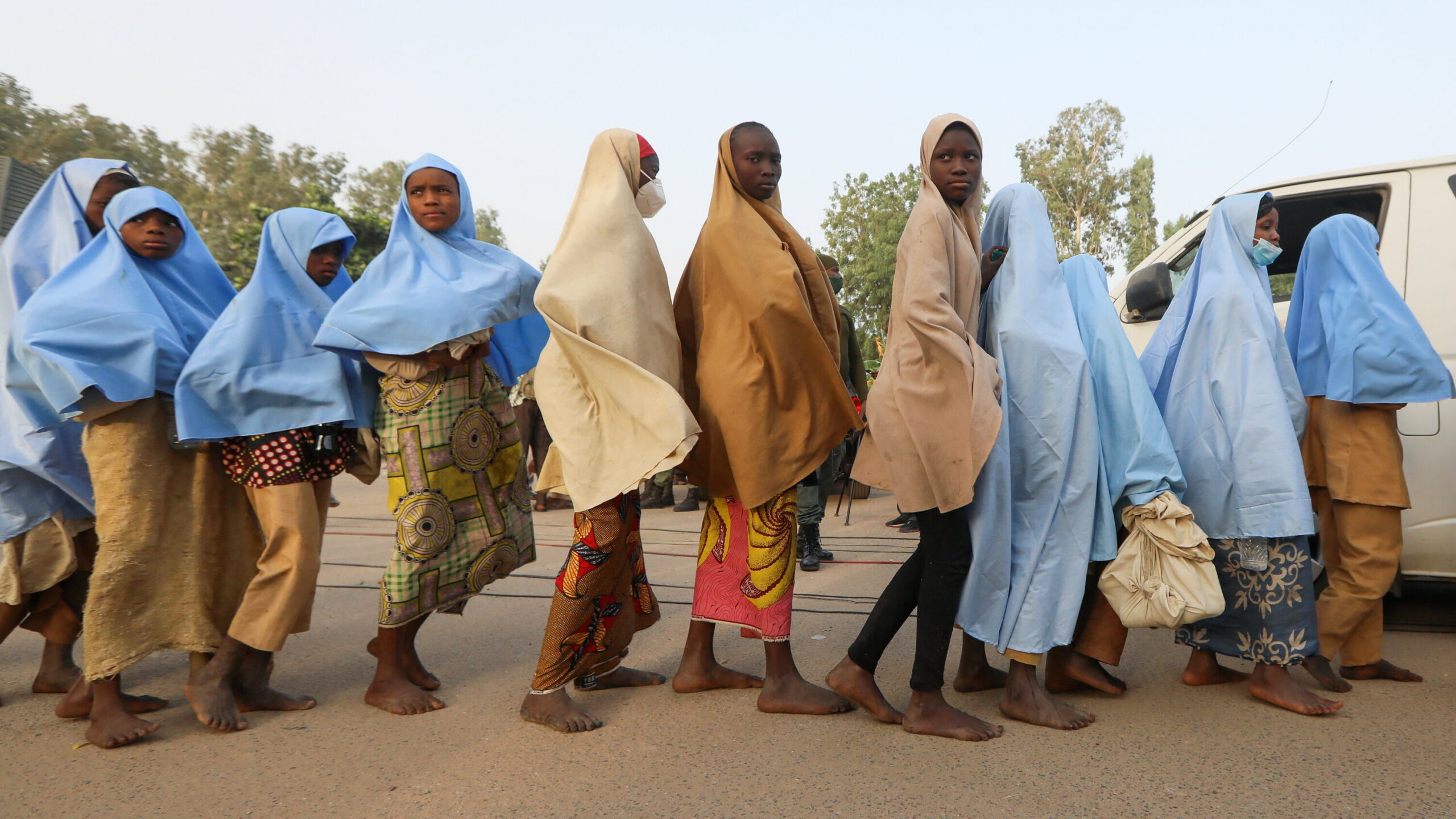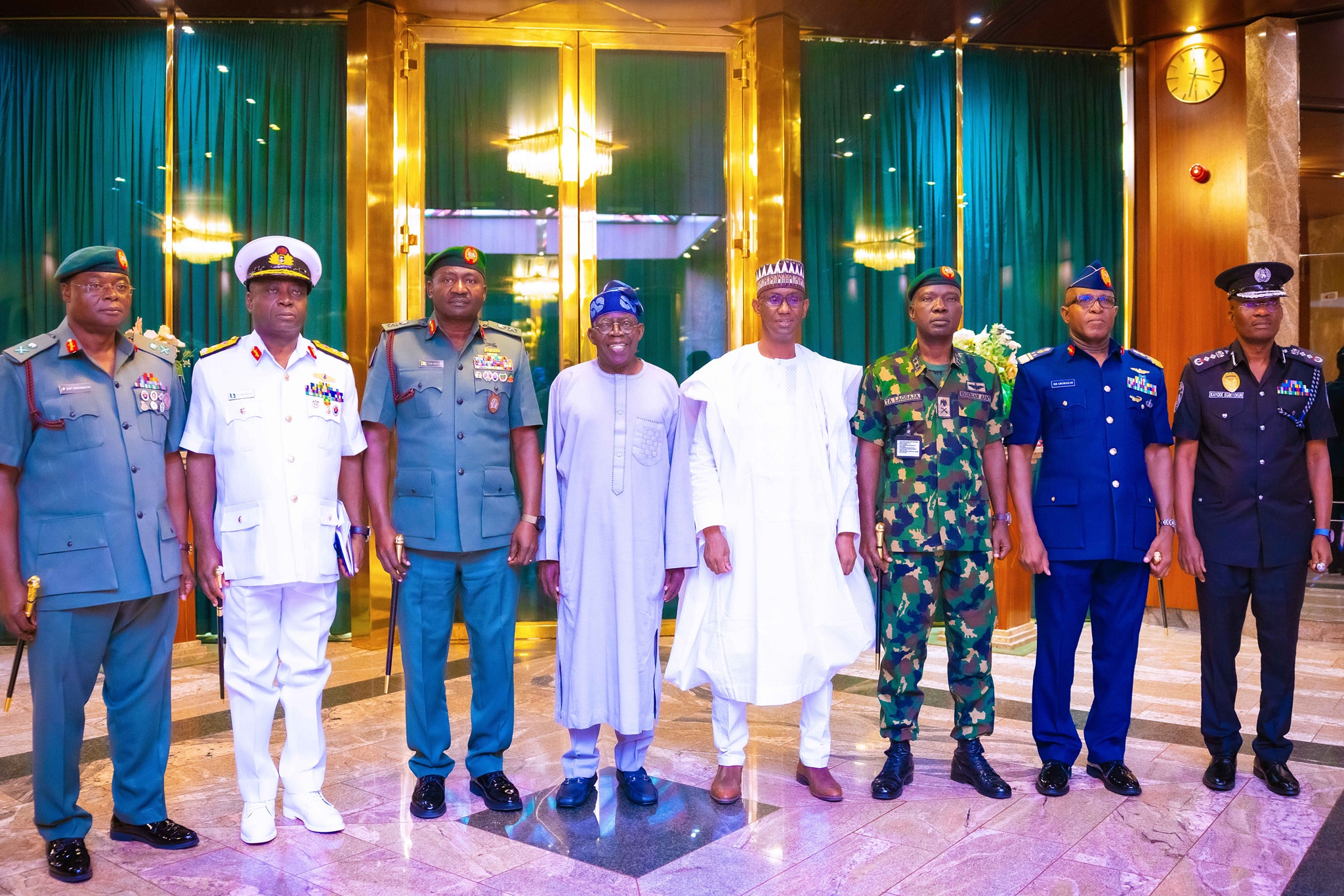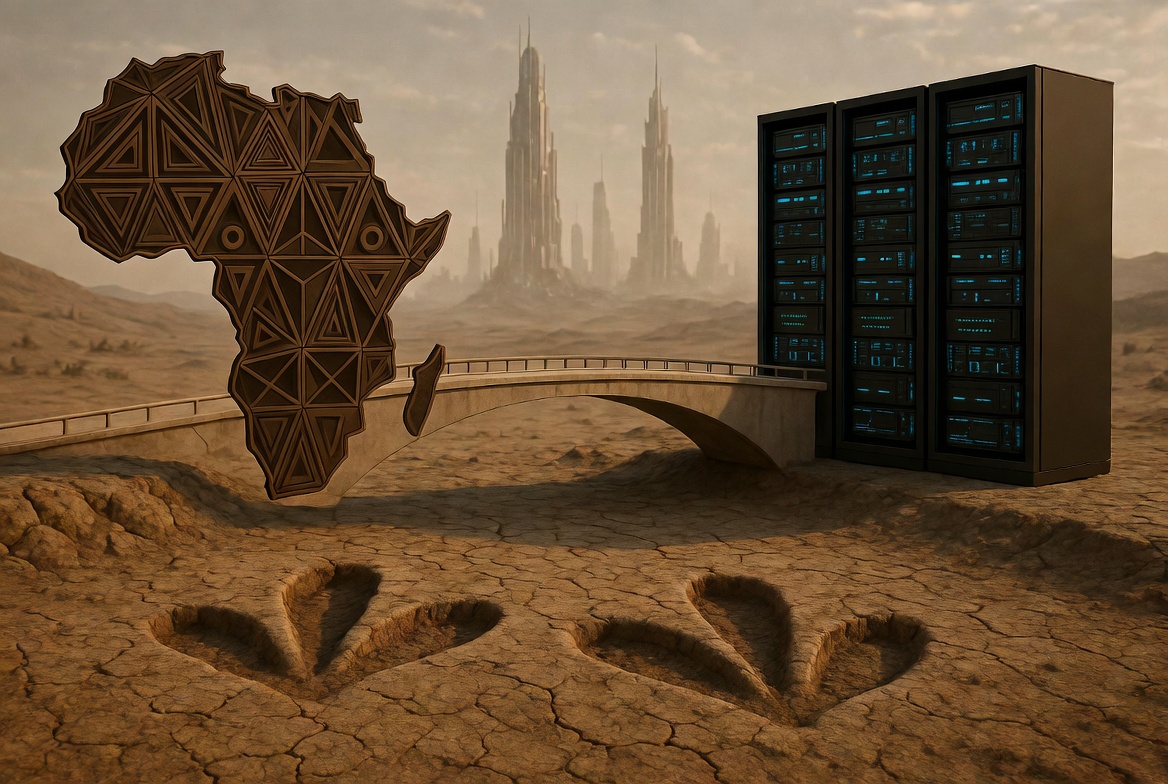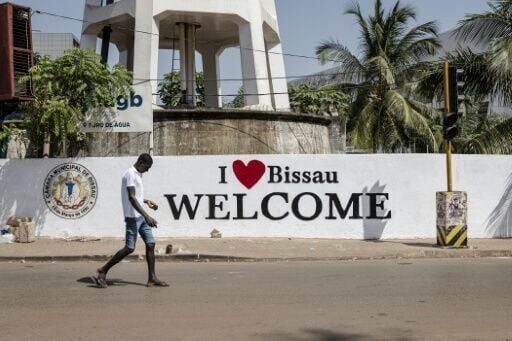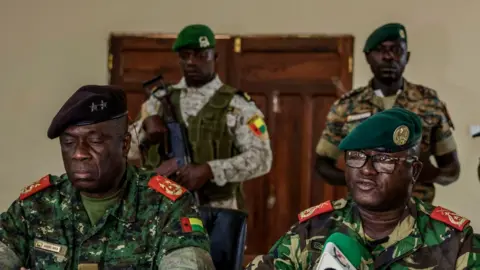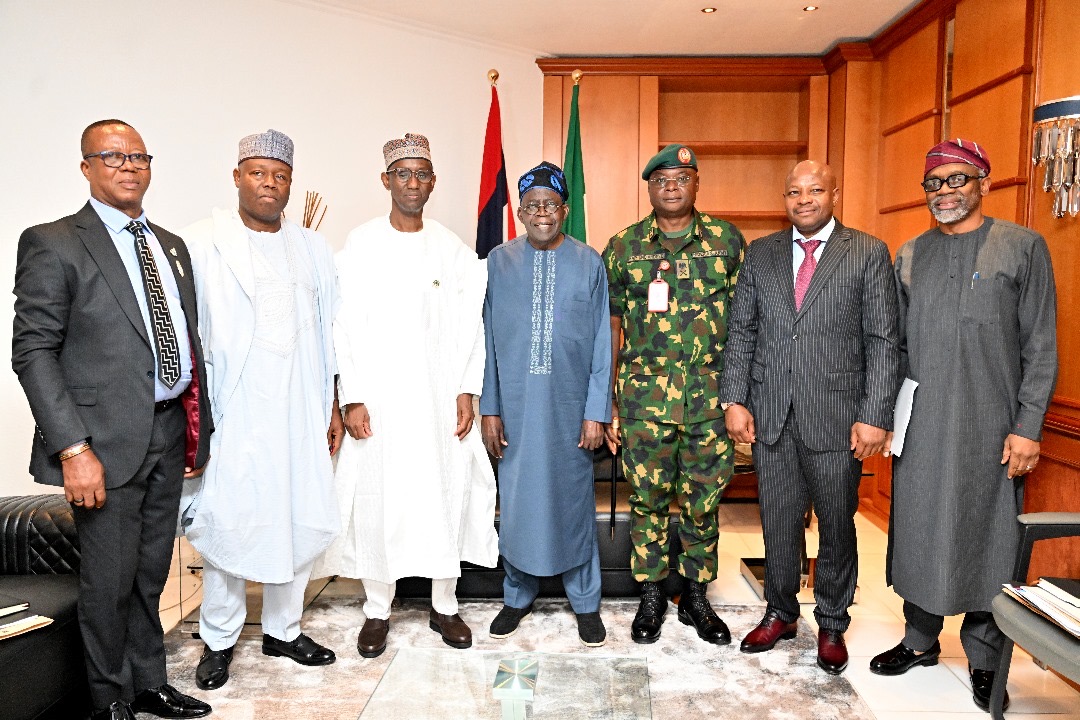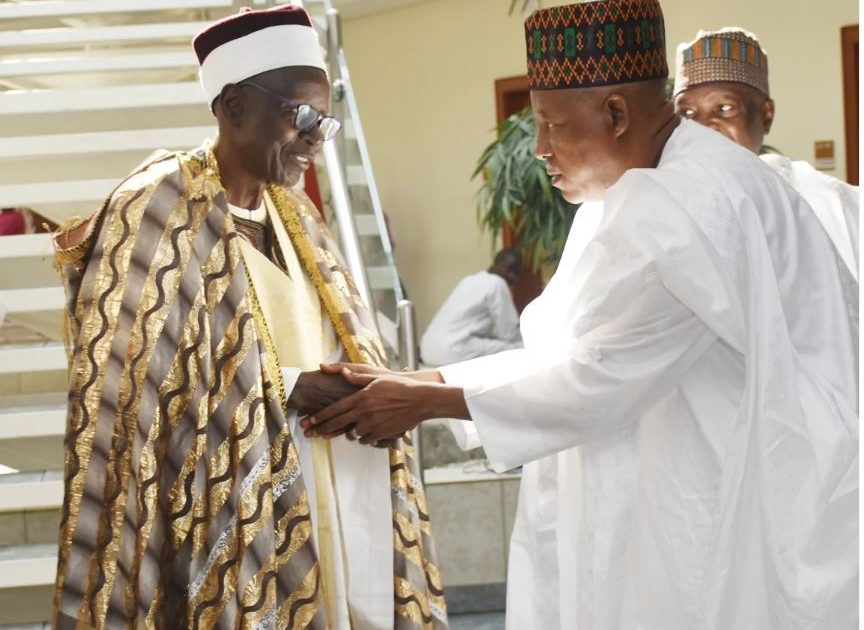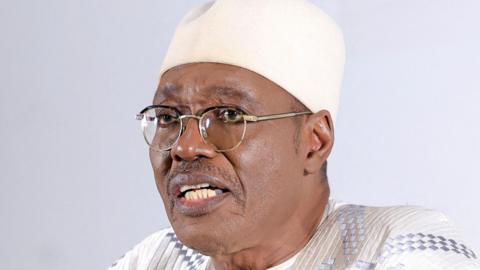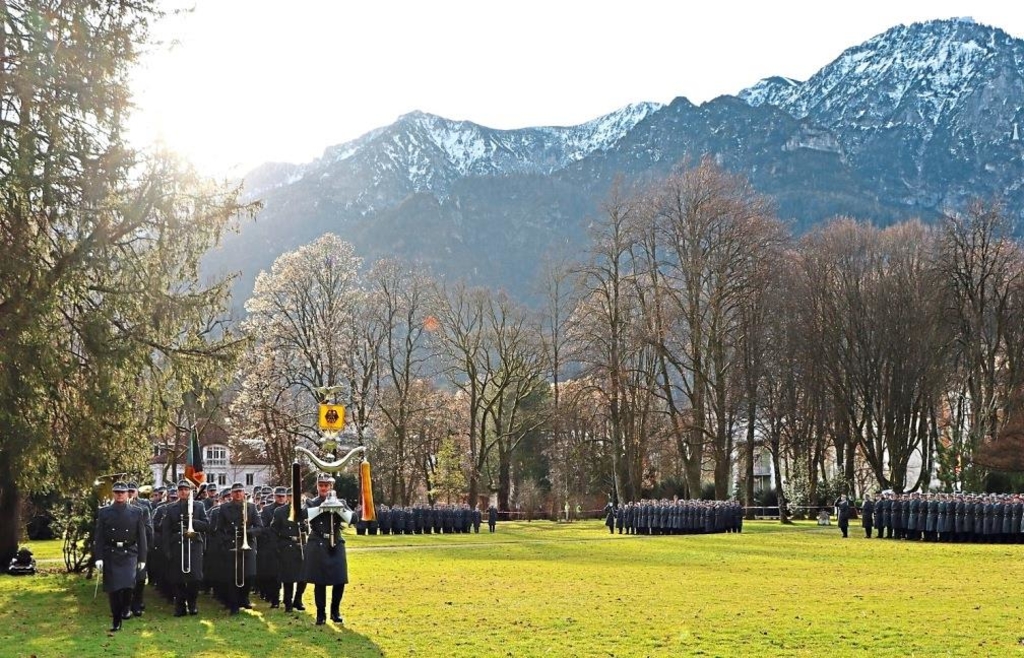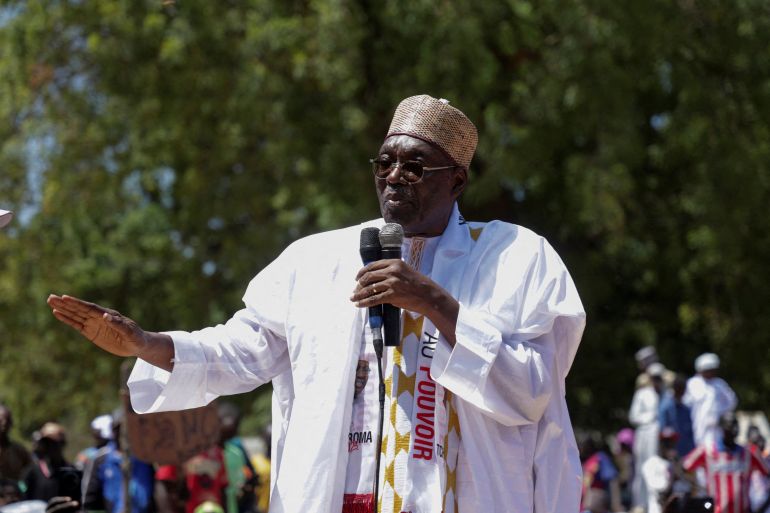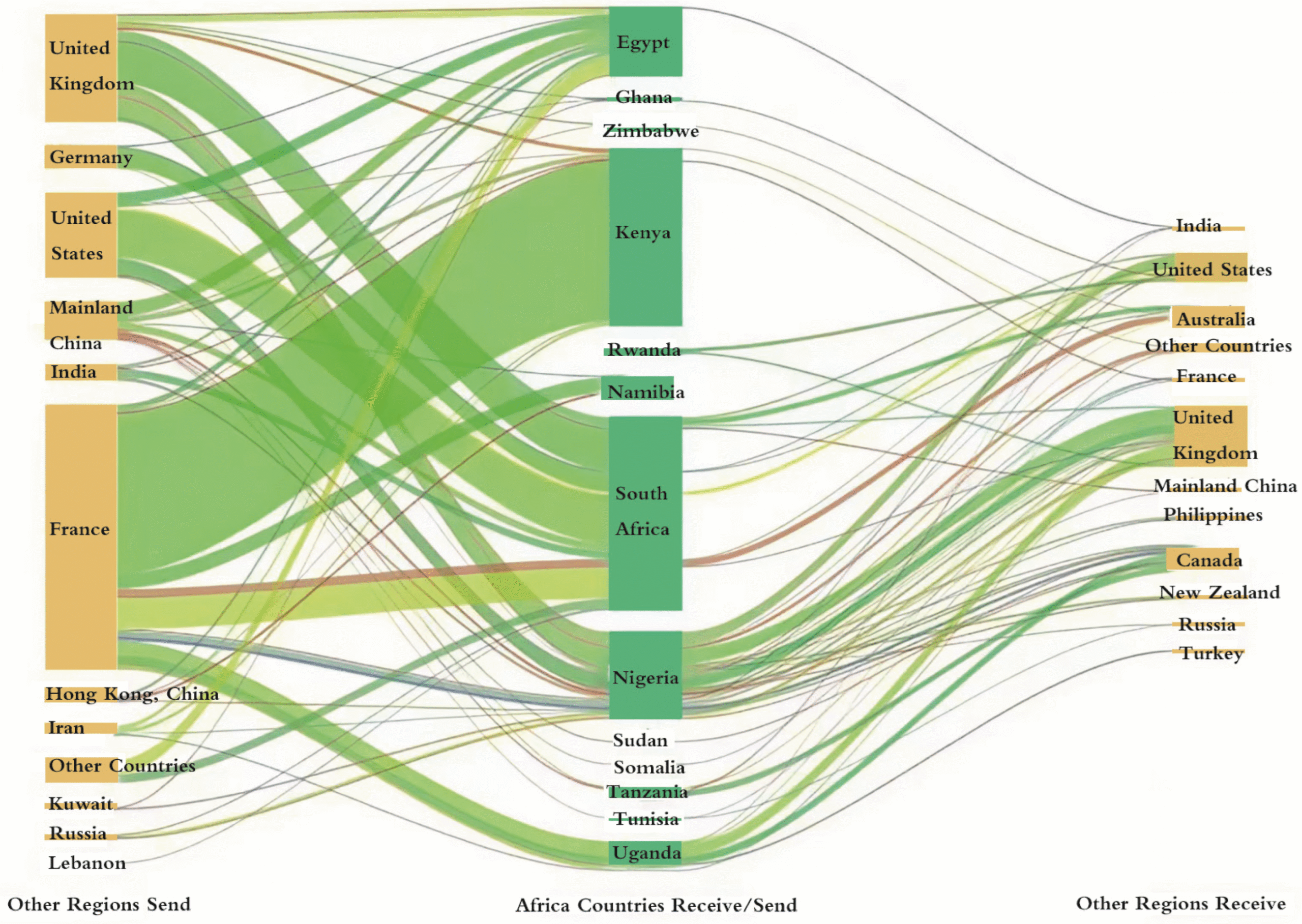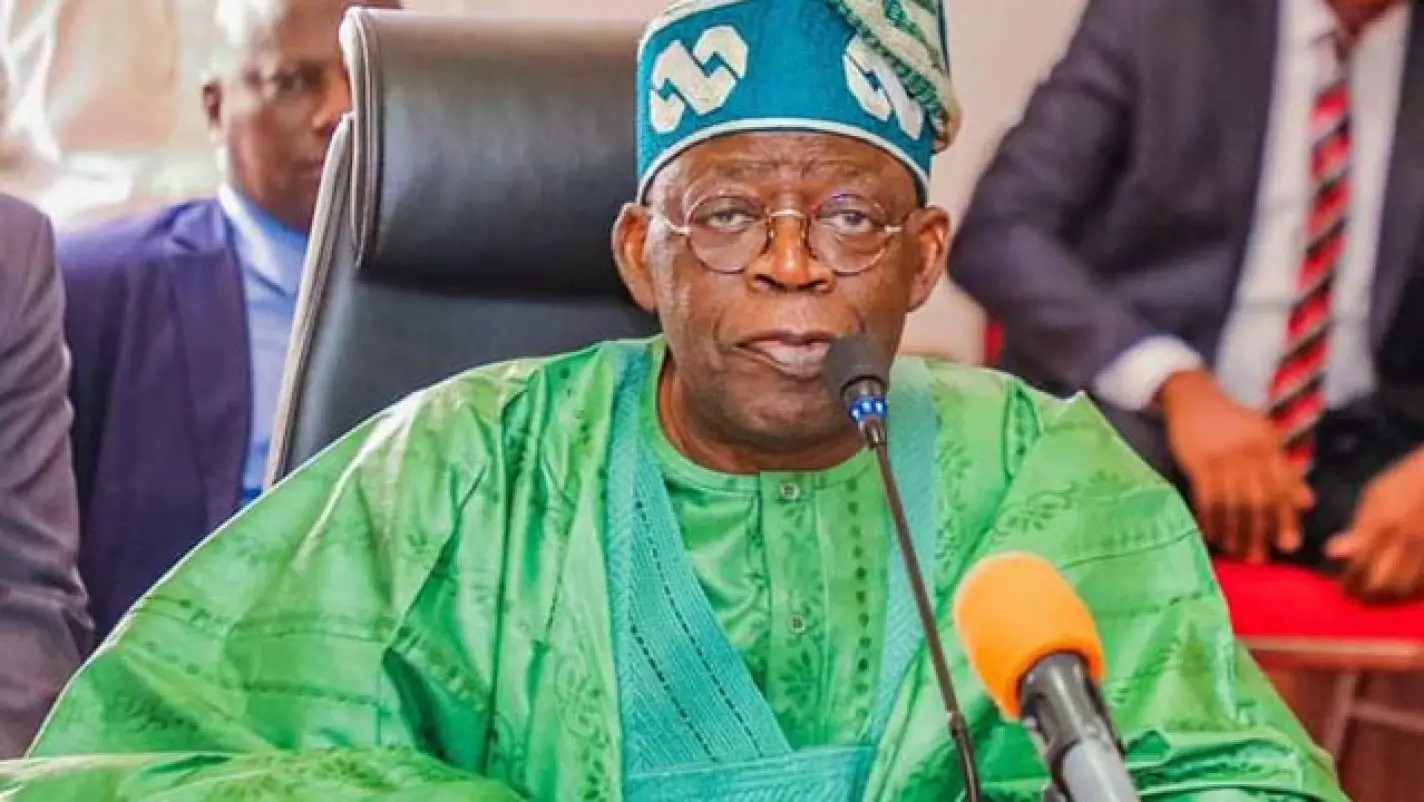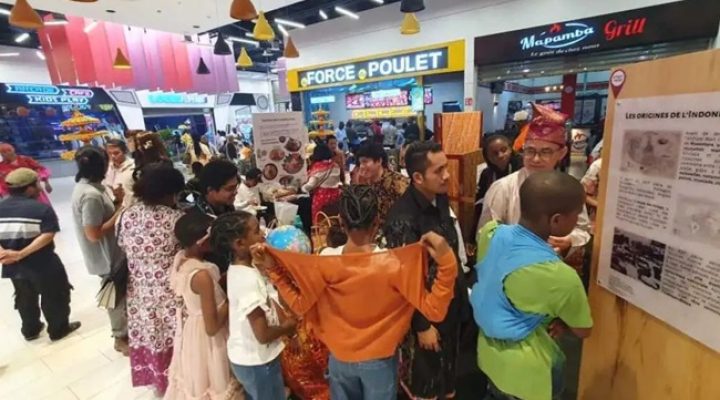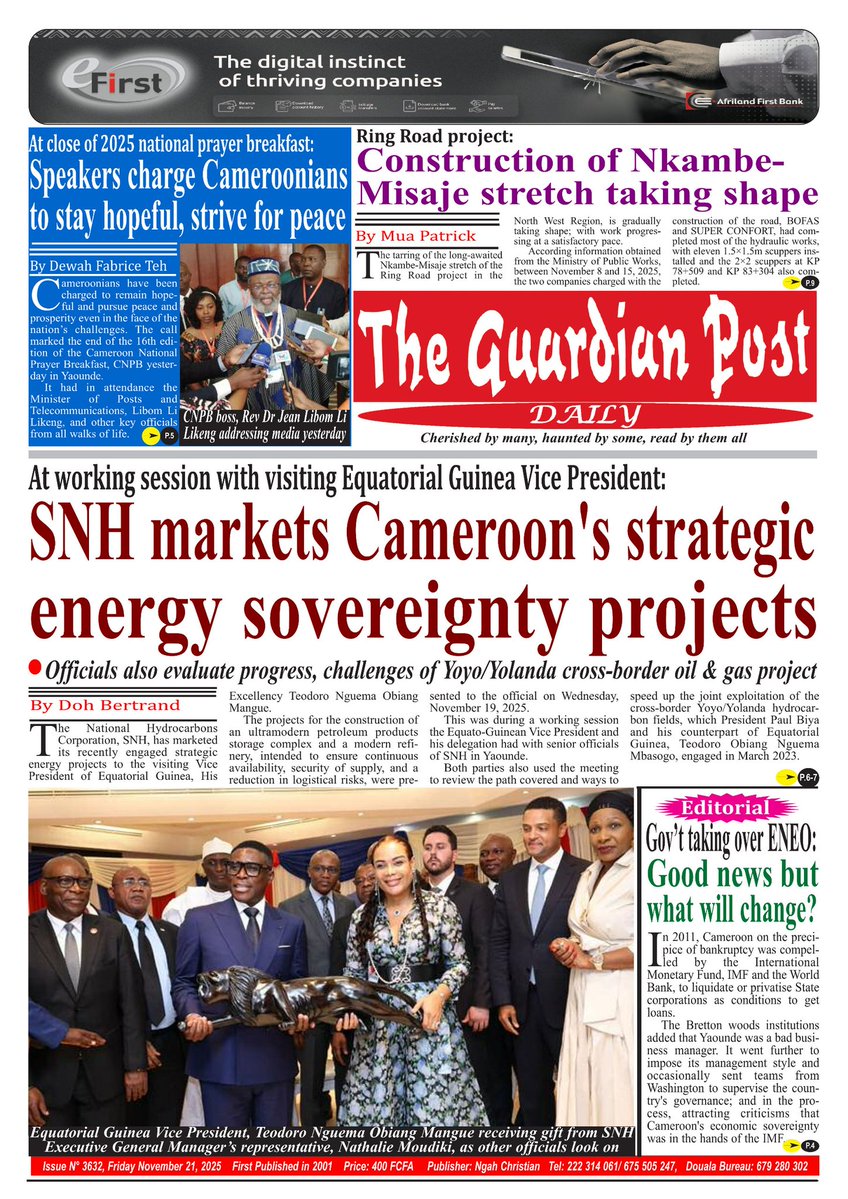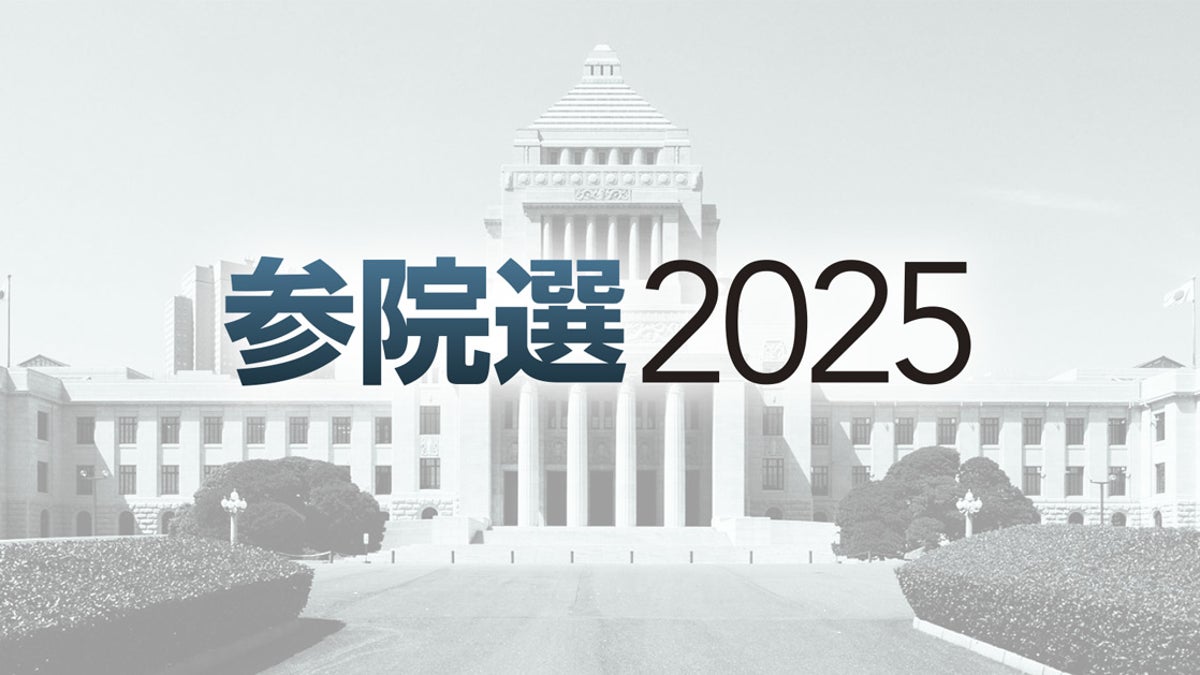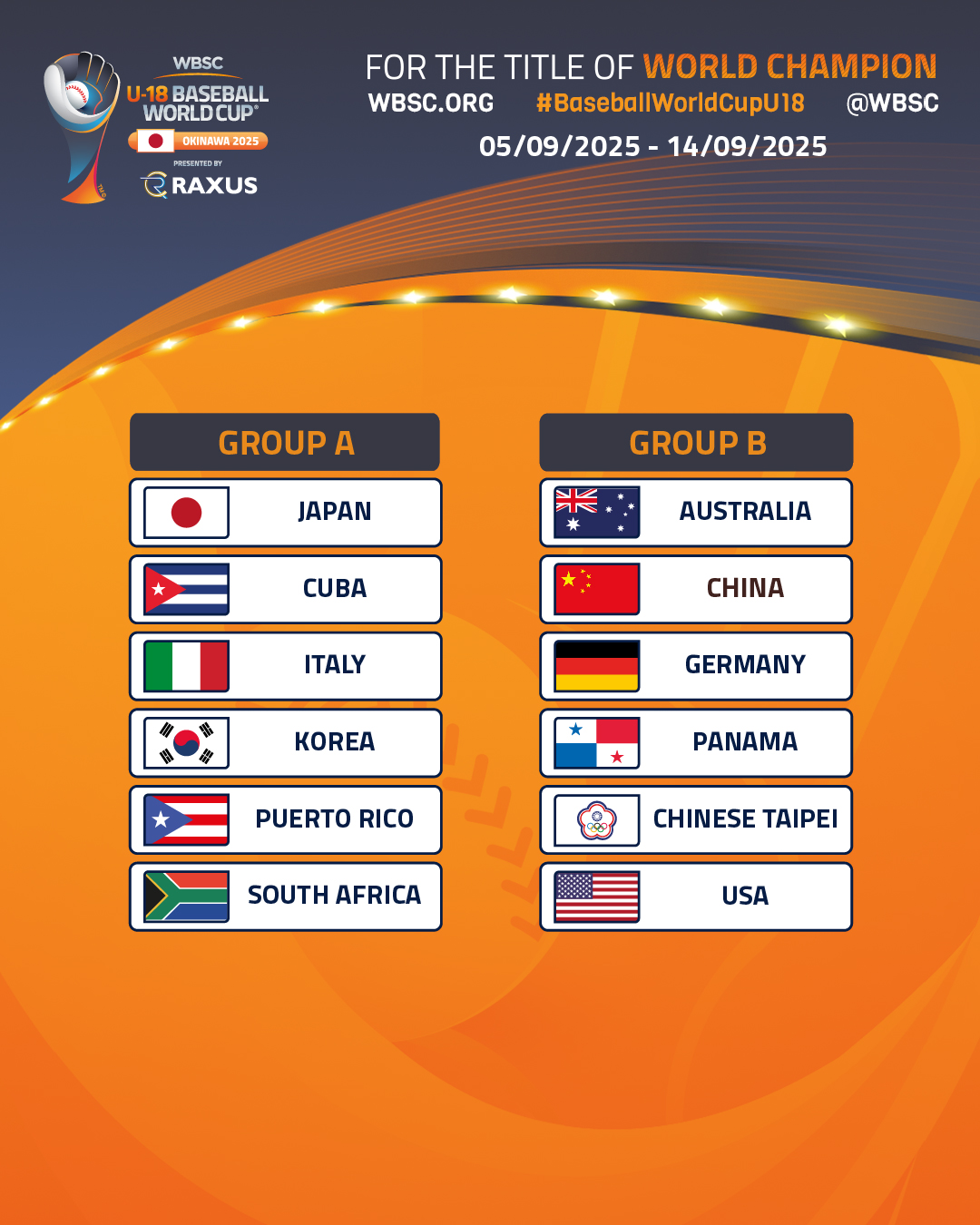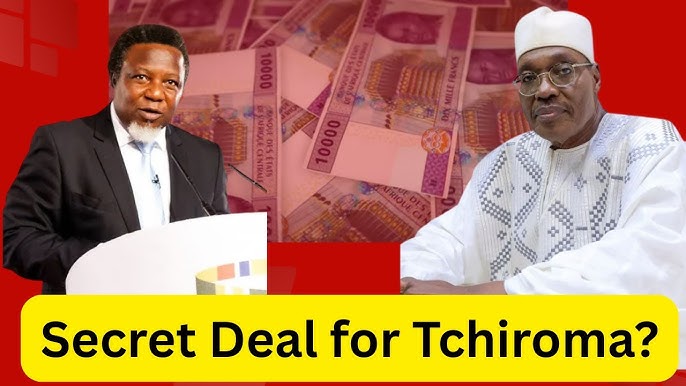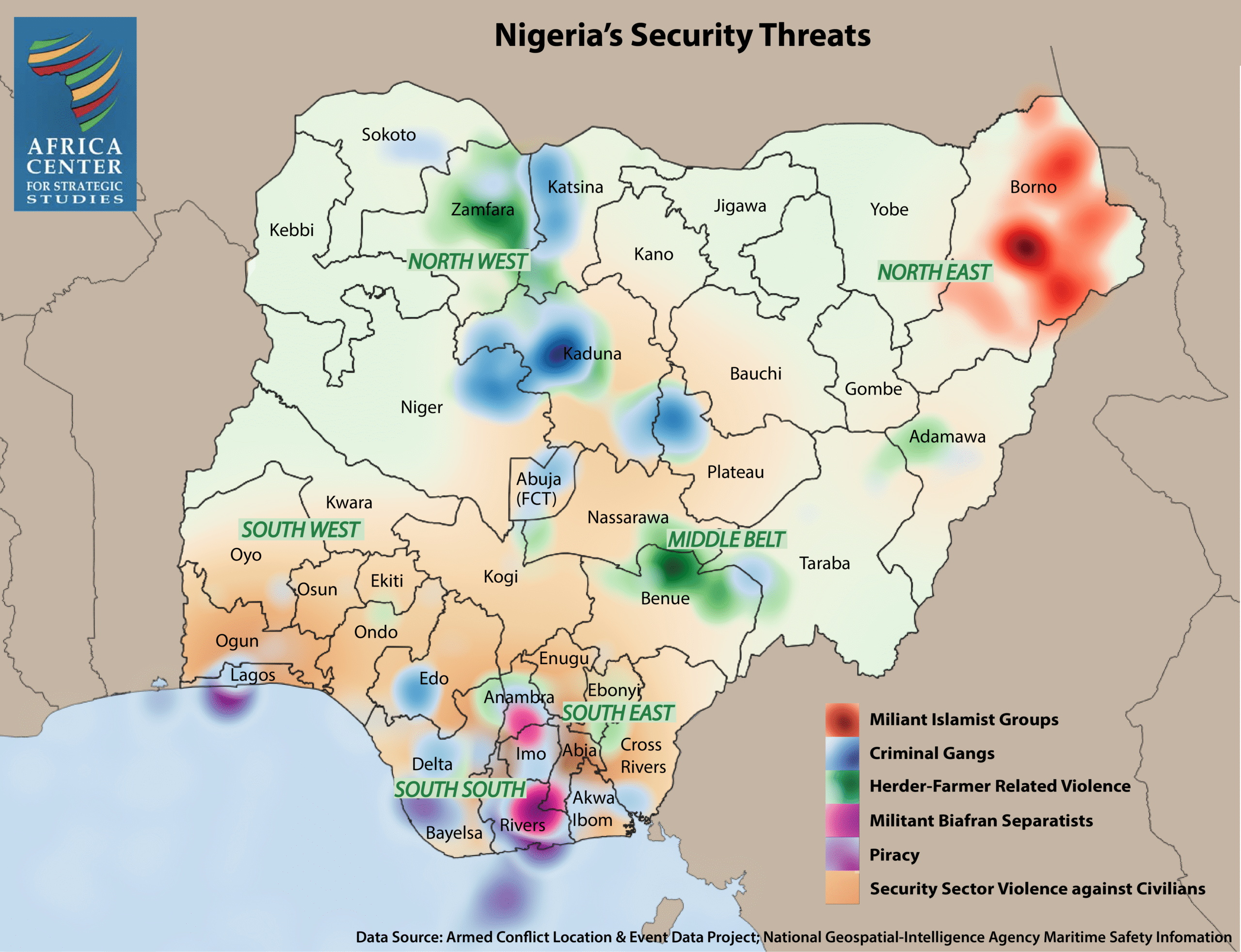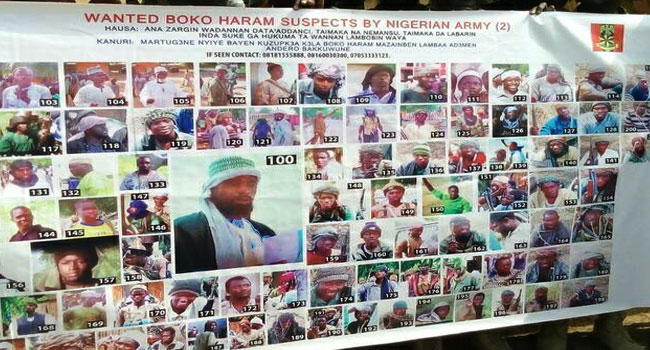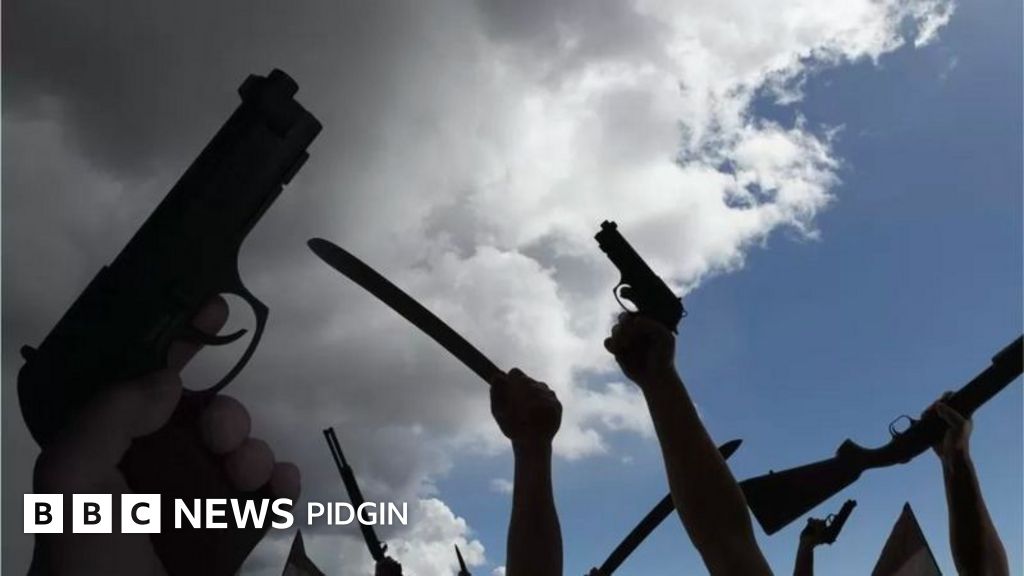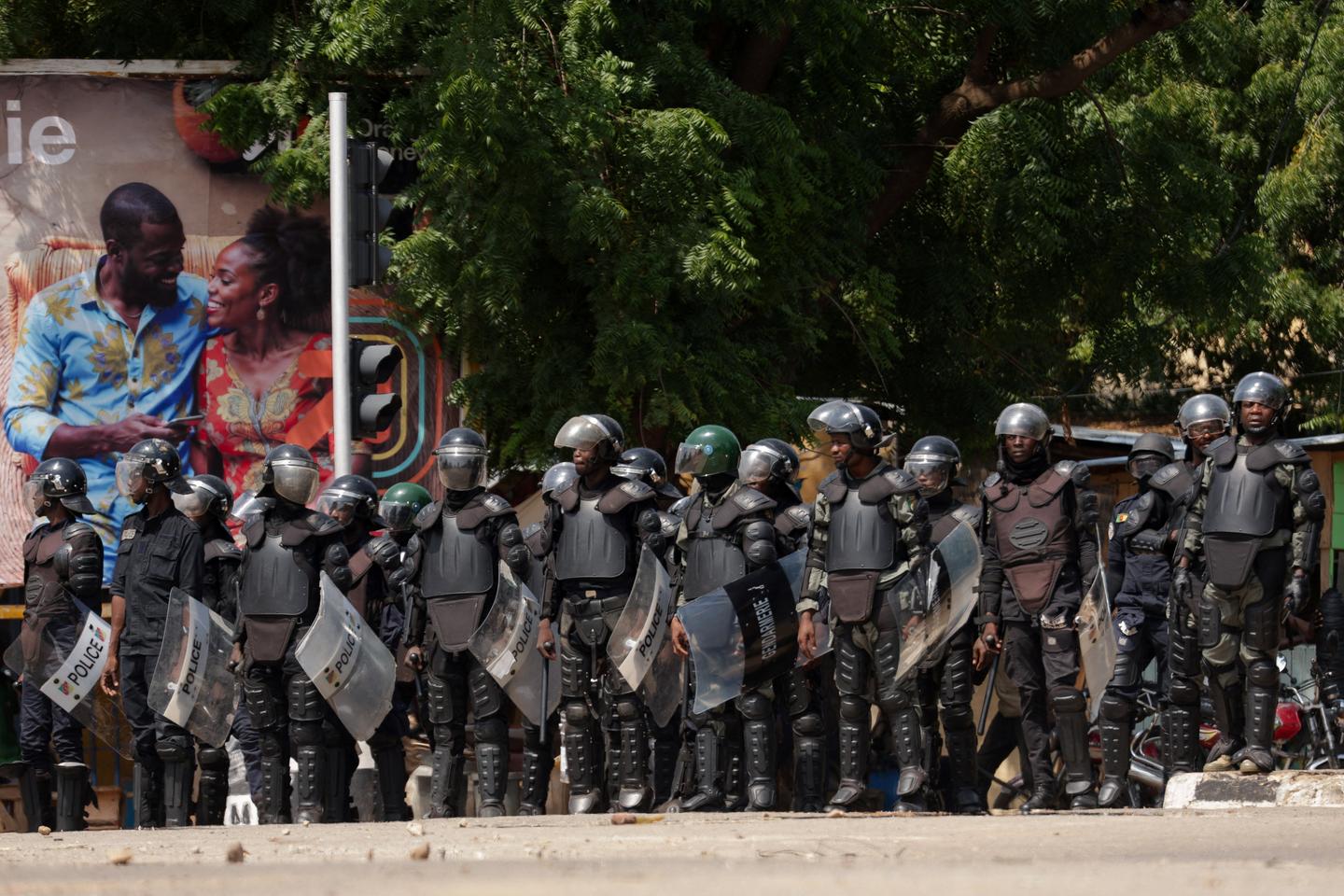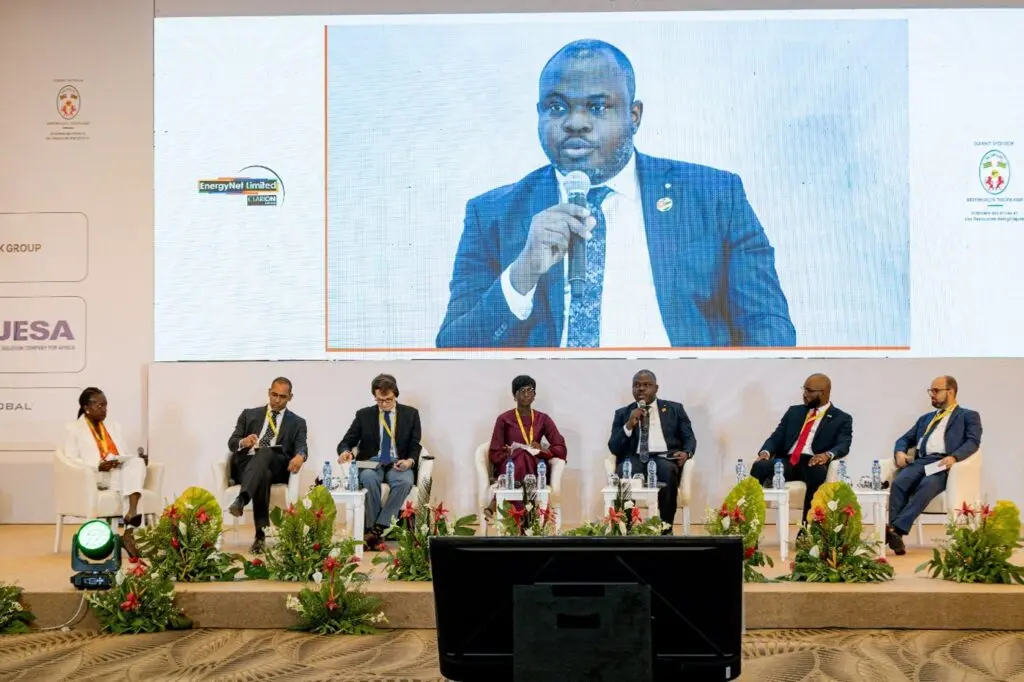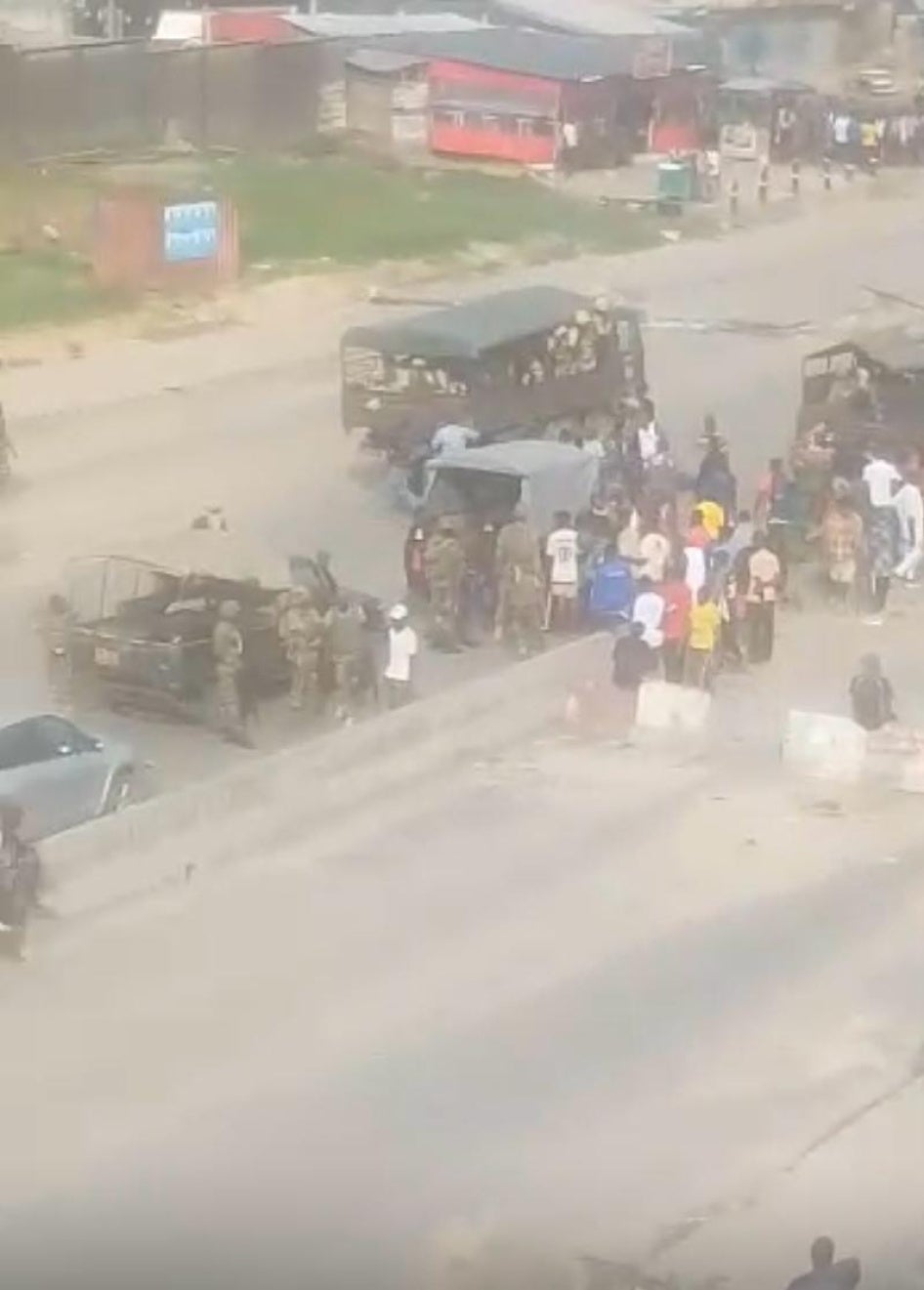
Nigeria Navigates Turbulent Waters as Cultural Pride and International Pressure Collide
Nigeria finds itself at a pivotal moment, a vibrant nation grappling with complex internal disputes while under intense international scrutiny. At the heart of this unfolding drama is the new Museum of West African Art, Mowaa, in Benin City, a multi-million dollar facility that held immense promise. It was built partly to house the invaluable Benin Bronzes, ancient artifacts looted by British soldiers in the 19th century that represent a deeply significant chapter in West African heritage and a painful symbol of colonial plunder. Yet, instead of a grand opening, Mowaa became an unexpected flashpoint. On Sunday, protests erupted there, with videos clearly showing demonstrators confronting foreign guests and ordering them to leave the premises. This disruption forced organizers to halt a scheduled preview, an event many had eagerly anticipated. Mowaa’s representatives suggested these protests reflect ongoing frictions between successive state administrations, highlighting how regional political dynamics can unfortunately complicate efforts to reclaim cultural pride and achieve historical justice. This isn’t just about art, it’s about national identity, sovereignty, and power, all unfolding on a global stage for everyone to see.
While Nigeria navigates these critical cultural currents, it’s simultaneously caught in a high-stakes international political drama. U.S. President Donald Trump has aggressively highlighted escalating violence targeting Christians in Nigeria, particularly in its northern regions. He’s characterized the situation as a humanitarian crisis demanding urgent intervention, firmly accusing radical Islamist groups of perpetrating mass killings. This prompted him to designate Nigeria a “Country of Particular Concern” under the U.S. International Religious Freedom Act, a serious status reserved for countries with significant religious persecution. Such a designation carries potential sanctions and diplomatic pressure. Diplomatically, Trump’s blunt threat to enter Nigeria “guns-a-blazing” took many by surprise, including key figures within the U.S. military and political establishments. Advisors and allies, notably evangelical leaders and Senator Ted Cruz of Texas, had indeed been advocating for stronger actions on behalf of Nigerian Christians for months. Still, the raw military phrasing caught even supporters off guard, raising significant questions about its feasibility and true intention. Observers suggest this military threat might well be a strategic maneuver, akin to Trump’s negotiating style, perhaps a test to gauge Nigeria’s response before committing to concrete action. The Pentagon, for its part, has reportedly been instructed to prepare for potential operations, indicating that the U.S. government is taking the threat with a degree of seriousness. Yet, uncertainty remains about how Nigeria’s leadership, particularly President Bola Ahmed Tinubu, will engage with this mounting pressure. Locally, the situation is fraught, as reports emphasize that while Christians certainly suffer targeted violence, many victims are also predominantly Muslims living in Nigeria’s northern regions. This illustrates the profound complexities of the violence, defying any simplistic narratives. American commentators have largely credited Trump’s designation for bringing much-needed, overdue attention to Nigeria’s religious tensions. The U.S. State Department had long characterized clashes between predominantly Muslim nomadic herders and Christian farming communities as conflicts rooted in economic competition and climate change, but Trump’s stance squarely shifts focus onto religious persecution and radical Islamist violence, signaling a clear redirection of U.S. foreign policy priorities towards safeguarding religious freedoms. This approach aims to highlight unresolved security challenges, sparking hope for relief among Nigeria’s embattled Christian populations.
Yet, this intense international spotlight on Nigeria’s internal religious and political struggles arrives as the nation genuinely wrestles with asserting control and unifying conflicting domestic interests. The Mowaa protests vividly illustrate deep fissures over cultural restitution and governance, while the U.S. pressure only compounds the stakes, thoroughly interweaving domestic Nigerian issues with broader global geopolitics. Looking ahead, Nigeria confronts the monumental challenge of balancing respect for its rich cultural legacy with urgent calls for internal reconciliation and adept international diplomacy. The outcomes of these overlapping crises will undoubtedly shape Nigeria’s political stability and cultural identity for years to come. There’s potential for the Museum of West African Art to become a powerful beacon of heritage and unity, don’t you think, if the underlying administrative disputes can truly be resolved? Concurrently, a measured international dialogue on violence and religious freedom could pave the way for cooperative solutions that address genuine security concerns without unnecessarily inflaming tensions further. As Nigeria stands at this pivotal juncture, all eyes are watching how it navigates these turbulent waters, striving to balance pride in its history against the urgent need for peace and international partnership. Indeed, the stakes couldn’t be higher for this vibrant West African nation.

